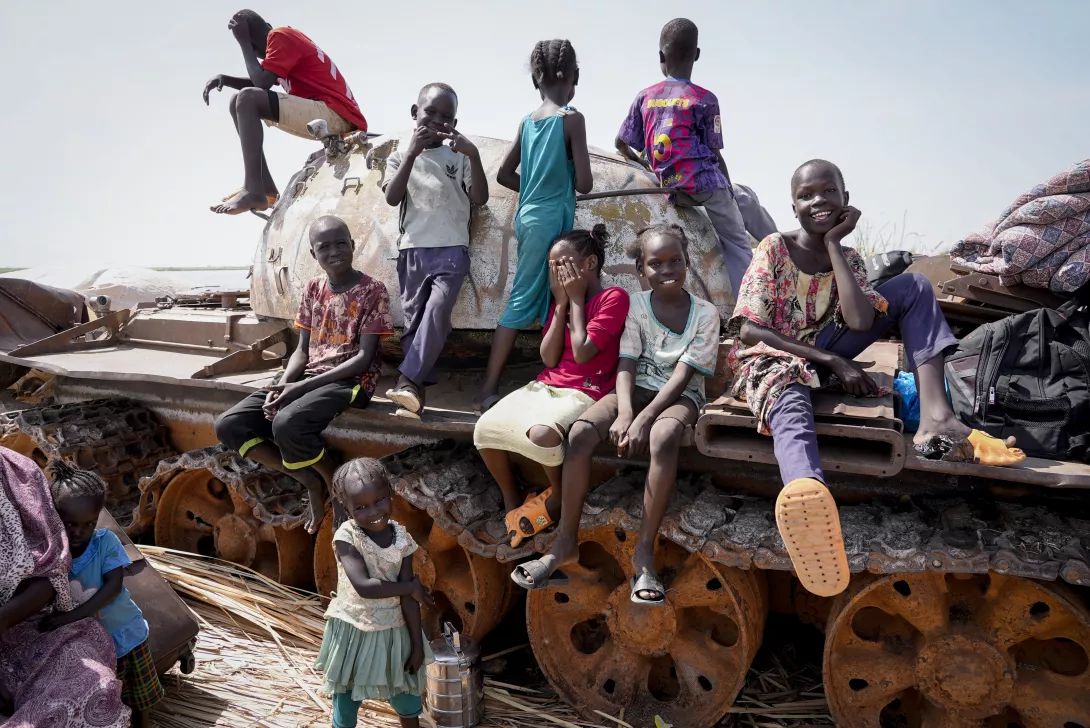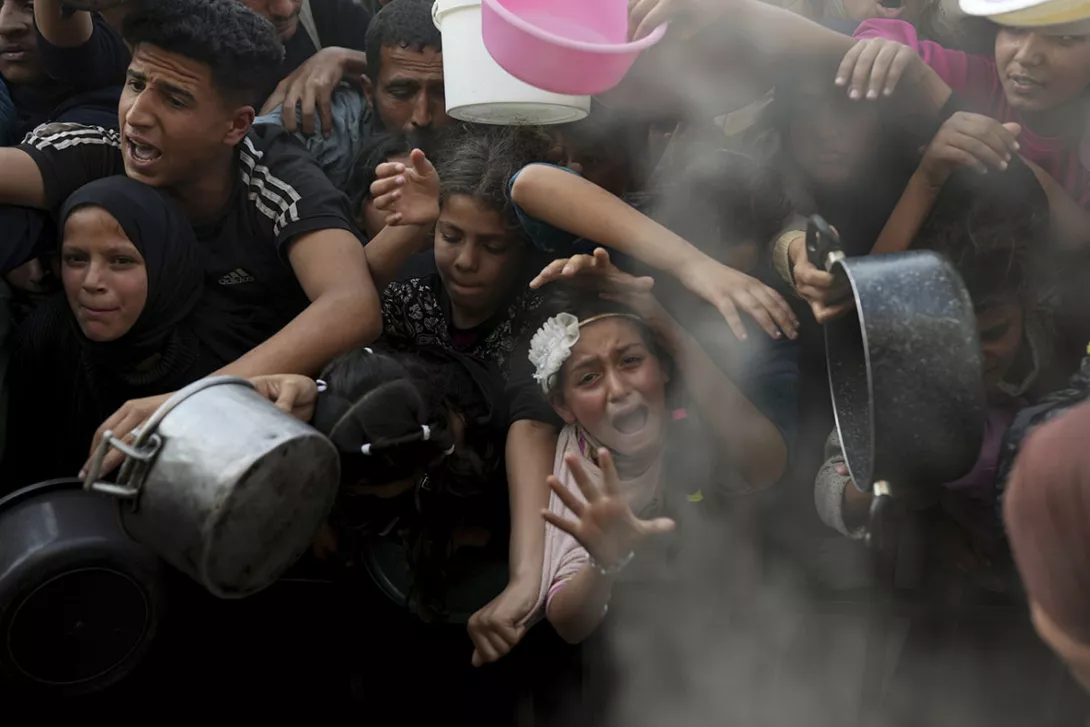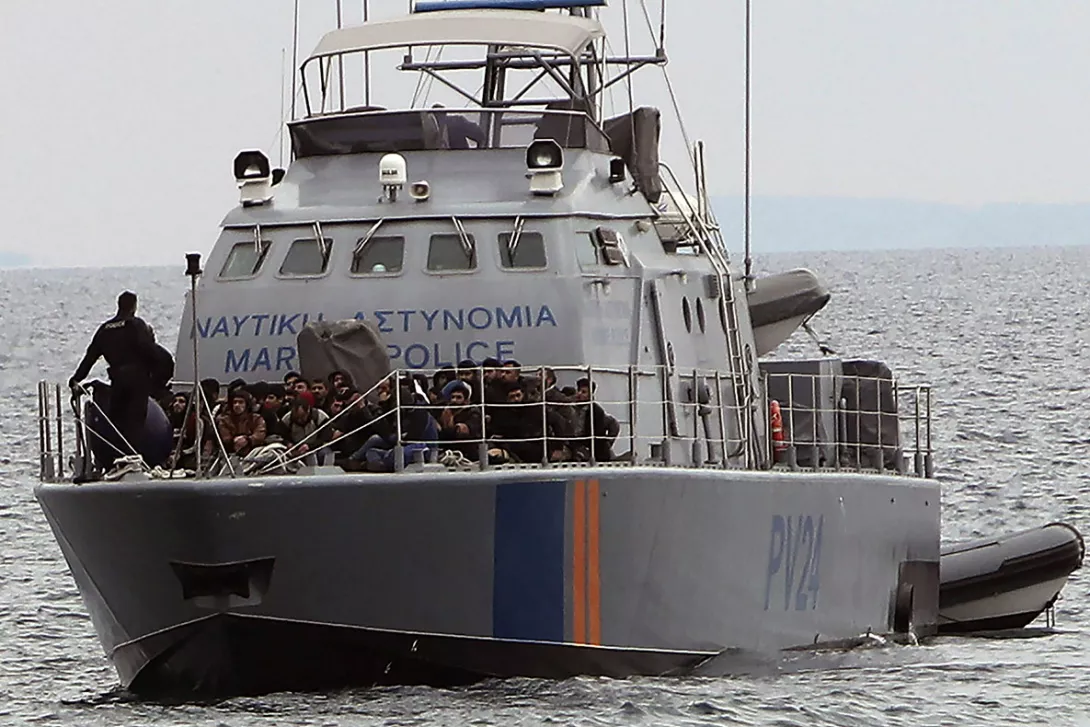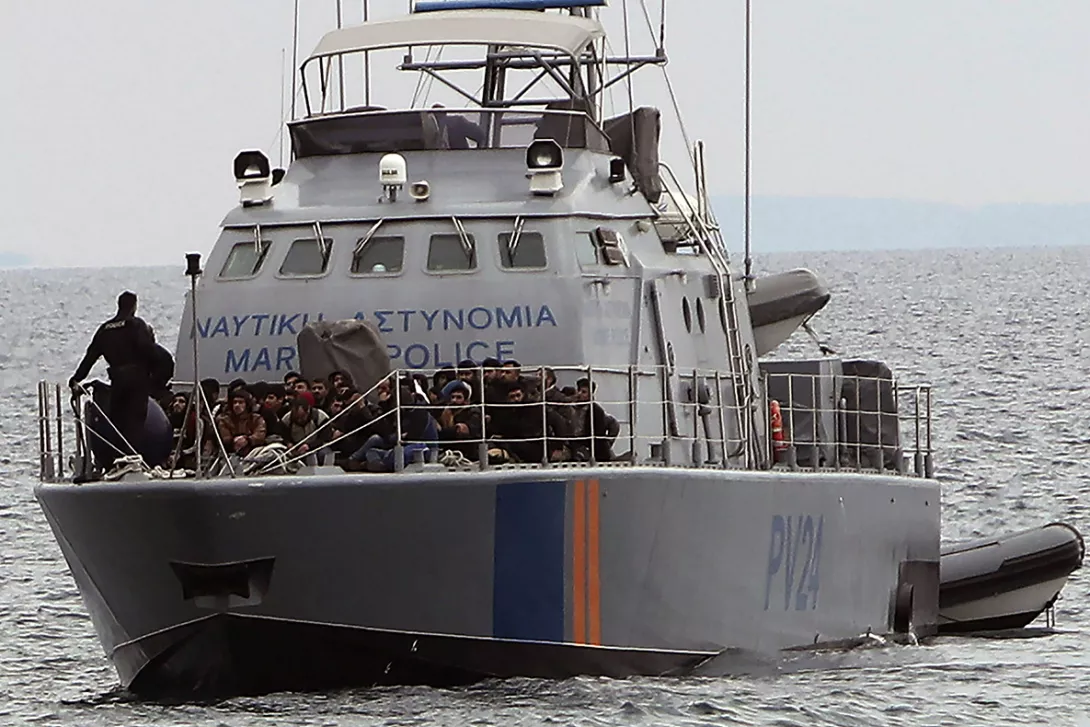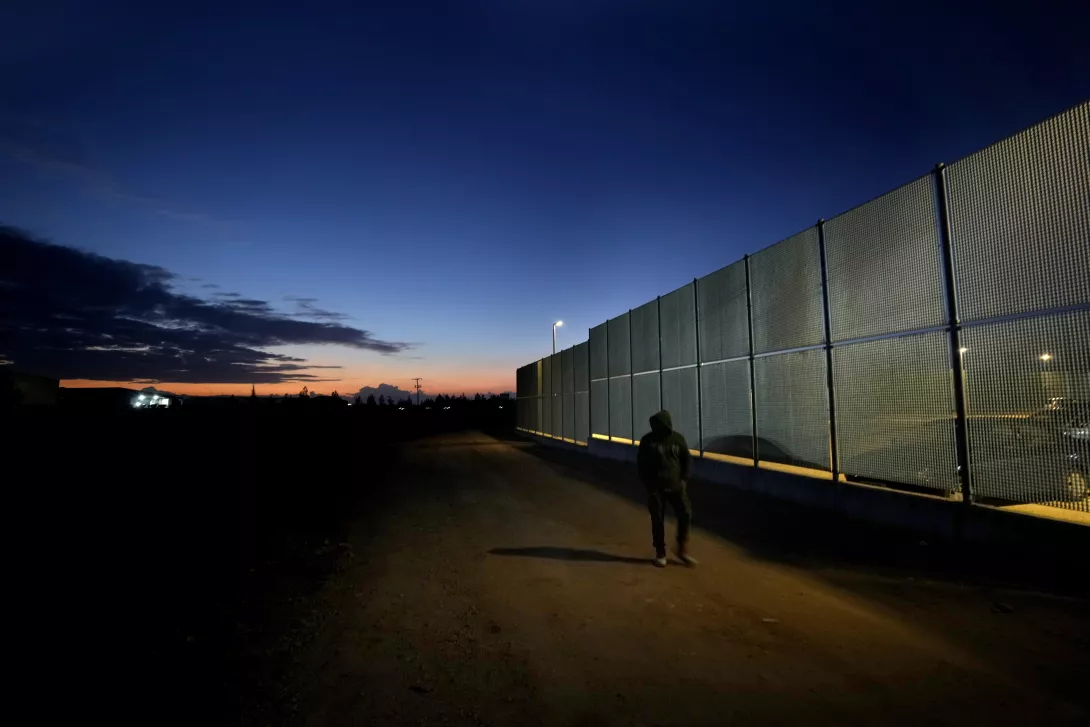Cyprus suspends processing of Syrian asylum applications
Cypriot government attempts to convince EU that Syria is ‘safe’ despite 14 years of civil war
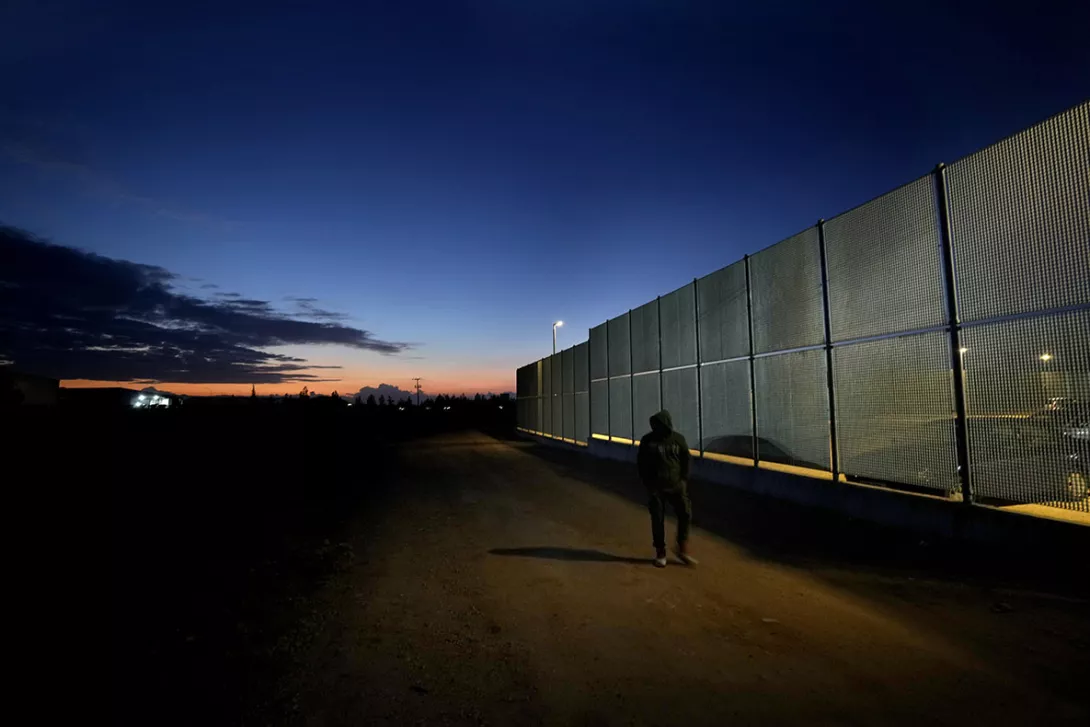
CYPRUS has suspended processing all asylum applications by Syrian nationals, the government said on Saturday, because large numbers of refugees from the war-torn country continue to reach the island by boat, primarily from Lebanon.
In a written statement, the Cypriot government said the suspension is also partly because of ongoing efforts to get the European Union to redesignate some areas of the war-torn country as “safe zones” to enable repatriations.
The drastic step comes in the wake of Cypriot President Nicos Christodoulides’ visit to Lebanon earlier week to appeal to authorities there to stop departures of boats from their shores. The request comes in light of a 27-fold increase in arrivals to Cyprus so far this year.
More from this author

Ben Cowles previews his interview with Stand Up to Racism’s SABBY DHALU for the Morning Star’s new Youtube channel
Similar stories
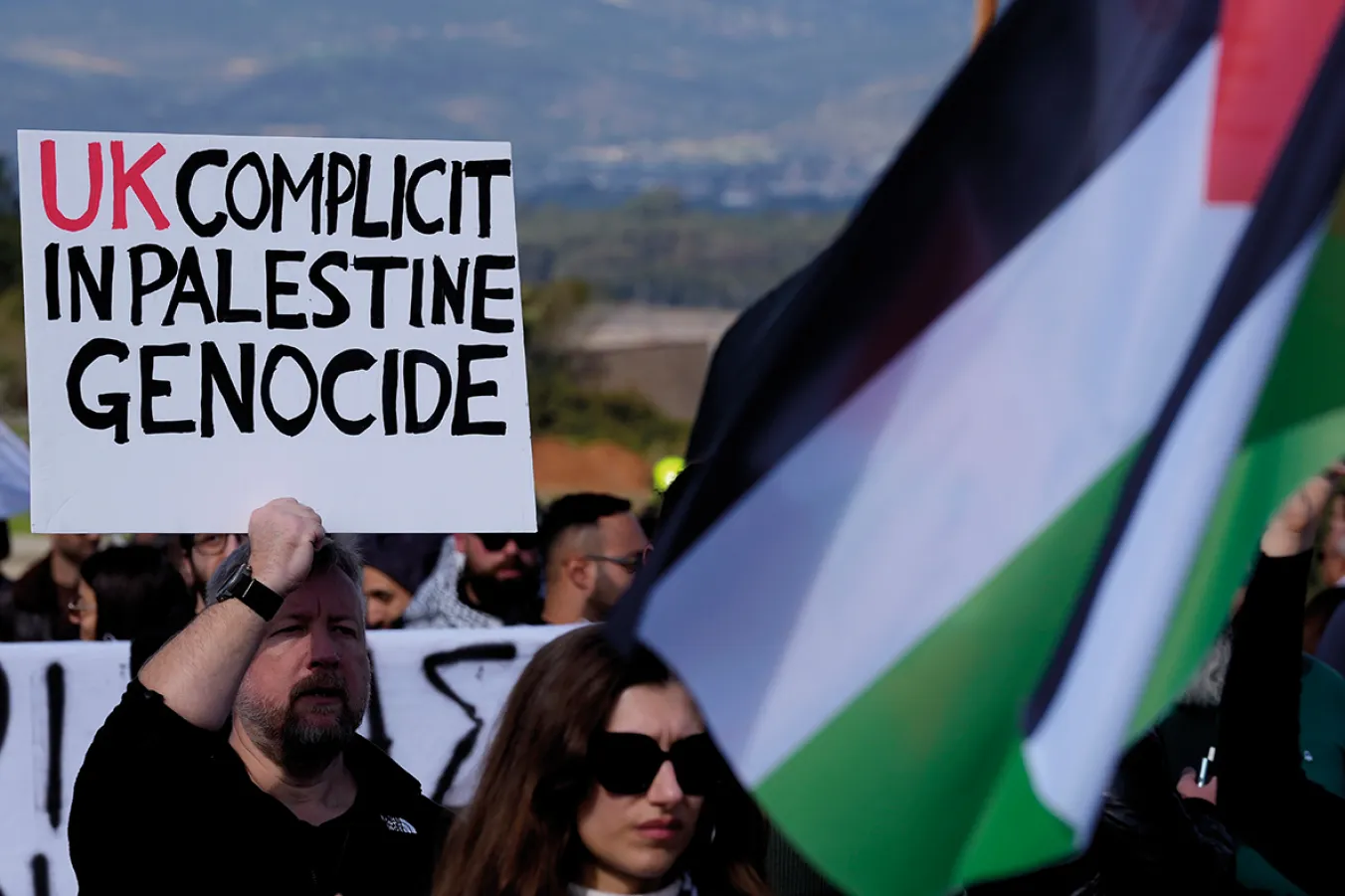
CHRIS MENON reveals how Britain’s military bases, a dark relic of colonialism on the island, are being used to support Israel’s actions in Gaza, making Cyprus a target for retaliation and violating its sovereignty


 Latest editorial
Latest editorial
